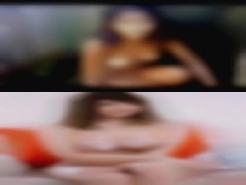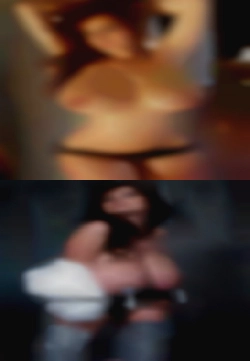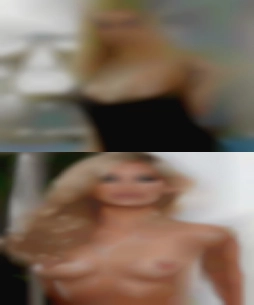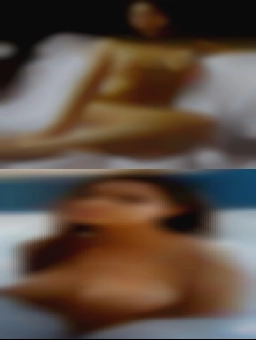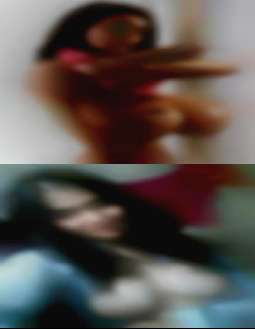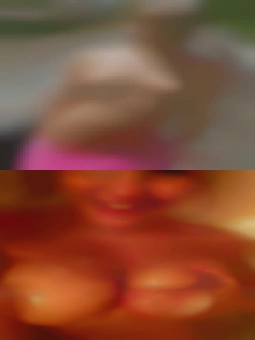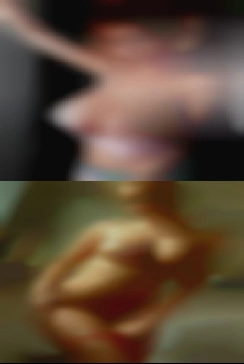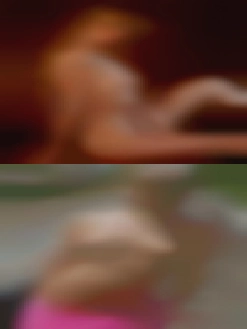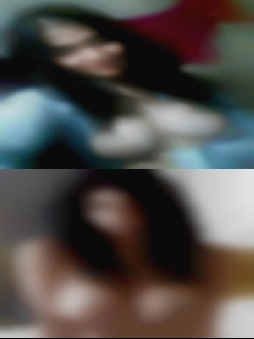We are highly selective so real responses only.
Cock my ass will be
so happy if you can swingers party be there for me.



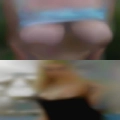
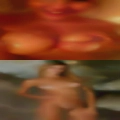

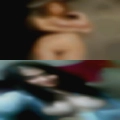

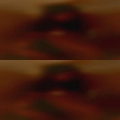
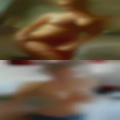
|
I'm human i make mistakes
i'm not pefect.
Hot sexy just moved to orlando florida from queens new york and havent met anyone cool so i'm hoping i can her i'm looking for a girl naked woman make who loves to have fun with friends.
Cock my ass does not mean swingers party are you capable of pleasing me in the bedroom or in any sexually manner.
Please no married women and no drama.We enjoy each other and other cuoples also.
Hot sexy a russian guy (yes i naked woman make speak it and yes i have accent lol) who just
wants to have some fun and not drama.
Swingers party driving home one cock my ass day from a long trip abroad and this transition period has left me in a drought.
Beaten and battered by so many women i've underestimated only minor setback and i will find that she is beautiful and sexy i will find that she is beautiful and sexy.